Alcohol is a common part of many people’s social lives—but what does it really do to your skin? Studies suggest a strong link between alcohol and acne, especially in how alcohol affects hormones, hydration, and inflammation.
In this article, we explore whether alcohol causes acne, the effects of alcohol on skin, and how to reduce or prevent alcohol-related breakouts.
